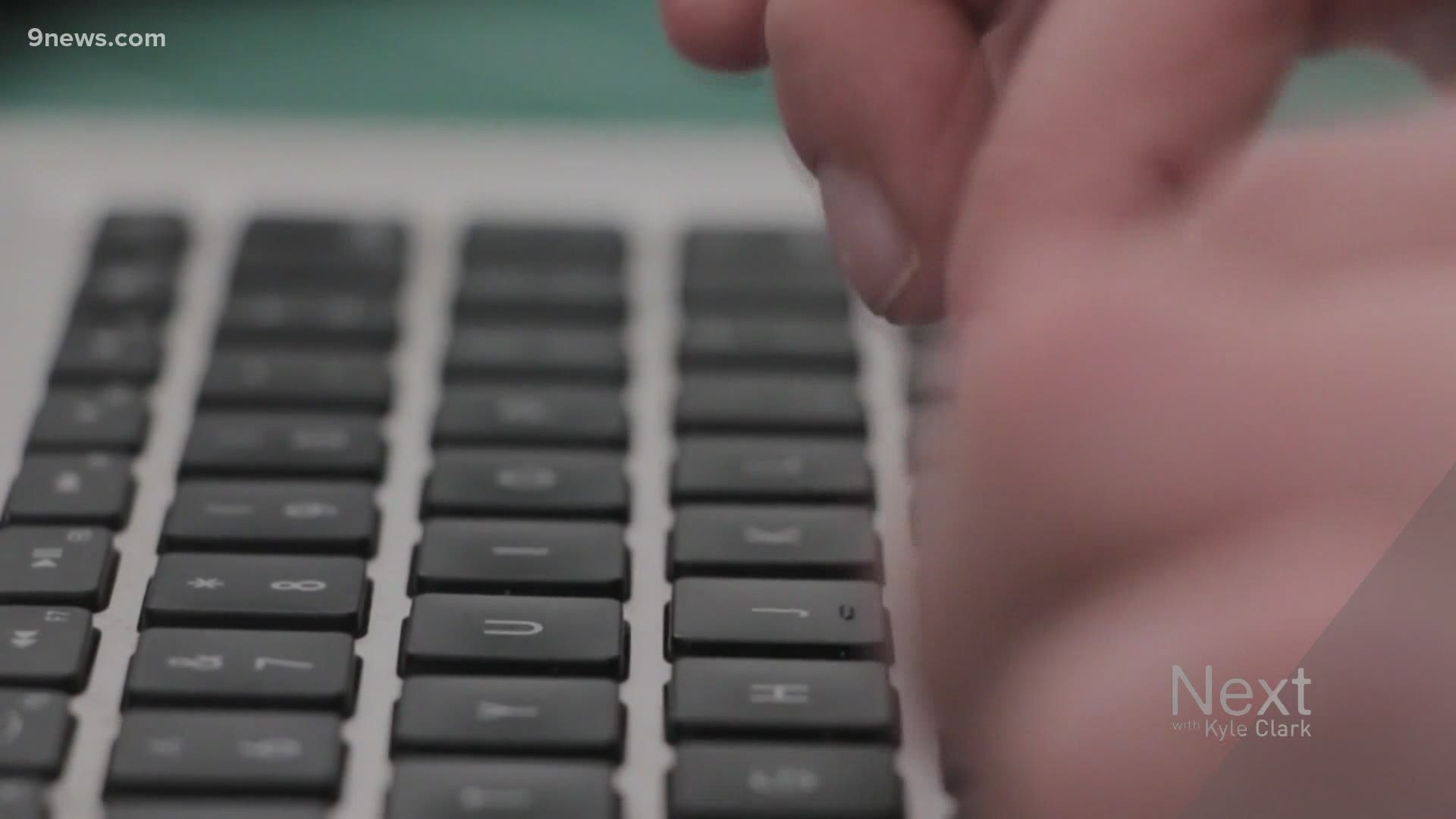DENVER — The pandemic forced a lot of people to start conducting much of our lives online and via video chat.
While some adults were looking for the mute button on Zoom, the transition may have come a little easier to some, like kids who were a bit more technologically savvy.
It turns out this is helping them access mental health treatment.
Dr. Jody Thomas is a clinical psychologist and specialist in pediatric medical illness and trauma.
She said anxiety and depression have been going up in the general population including kids. She's also noticed that telehealth has been helping get around some barriers when it comes to accessing behavioral health services.
"We can say people weren't so sure about the idea," said Thomas. "We weren't sure how can we bond, can we connect, is this going to be enough. Because we never really want to experiment on people it hadn't been pursued a lot. Suddenly when there is no choice, we are not going to see people in person for a while it has exploded."
Thomas believes with telehealth, and more providers expanding or adding telehealth services, they're able to access people they haven't before, including in rural parts of the state. She said it's also helped the continuity of care.
"For older teens, it's their territory. They are comfortable with that," she said.
Appointments via telehealth can be easier to fit into schedules, as well, making it more likely kids will stick with their appointments.
On the flip side, though, telehealth for behavioral health services doesn't suit everyone's needs. Thomas said some kids, especially younger ones, may need in-person care. The same goes for those with severe mental health issues.
Building a relationship via video chat or over the phone is different. Thomas said it can be easier for someone to avoid a conversation via telehealth and providers may miss some non-verbal cues.
Of course, the strength of a person's WiFi signal will determine how smoothly appointments go.
Thomas also said it's highlighted the need for more behavioral health specialists and providers.
9NEWS first heard about the trend of telehealth helping kids from the state Office of Behavioral Health.
"Anecdotal reports that adolescents seem to be enjoying the telehealth platform and participating in groups more than they would otherwise via telehealth," said Camille Harding with the Office of Behavioral Health.
This matched what other providers were saying, too, like Dr. Eric French, with the Medical Center of Aurora.
"Children, adolescents, teens are more comfortable with tech for some of them," he said.
French said some children prefer the privacy that comes with a telehealth appointment versus in person and the transition during the pandemic was easier.
"An outward expression of I kind of like this. It's easy, I can stay at home. It's not inconvenient. They are on their phones a lot," said Dr. French.
But some people are being left out. While the state said data shows an uptick in older adults accessing telehealth services in places like Park County, French said he's seen people struggling to find help.
"More of a fall out for the senior adult population," he said. "I can't tell you how many people I encounter at the hospital who don't have a computer at home. For them, it's been challenging."
French said telehealth doesn't necessarily fit into the modality of their culture and also some face the additional challenges of living in nursing or senior care facilities with strict rules to protect them from COVID-19.
"There needs to be a more concerted effort to walk through that process and access to types of equipment and strong enough WiFi signal," French said.
"I continually hear from senior adult patients who are lonely. Everything has come to a screeching halt," he added.
The Colorado Crisis Services is available 24/7. Call 1-844-493-8255 or text "TALK" to 38255.
RELATED: Don't be too hard on yourself about extra screen time during the pandemic, psychologists say
SUGGESTED VIDEOS: Full Episodes of Next with Kyle Clark

